Affiliate links on Android Authority may earn us a commission. Learn more.
3 reasons to buy wired headphones in 2020
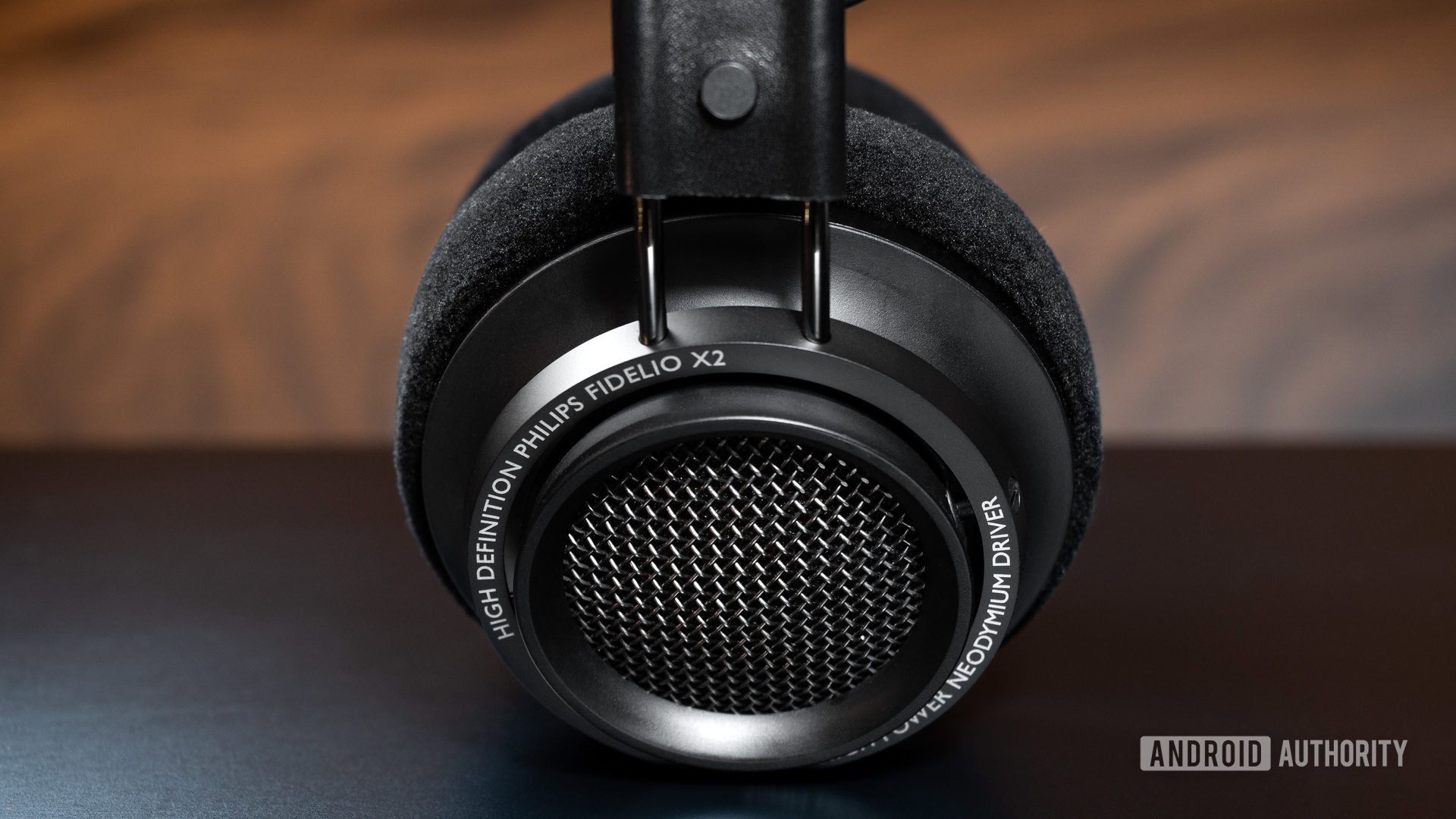
The headphone is still teetering on the edge of its extinction, which has led to the huge uptick in the popularity of true-wireless earbuds. Nevertheless, we consumers should still white-knuckle our wired headphones.
Wireless technology just isn’t there yet. Until it gets there, we’ve laid out three reasons why you should buy wired headphones in 2020.
1: Wired audio quality runs circles around wireless
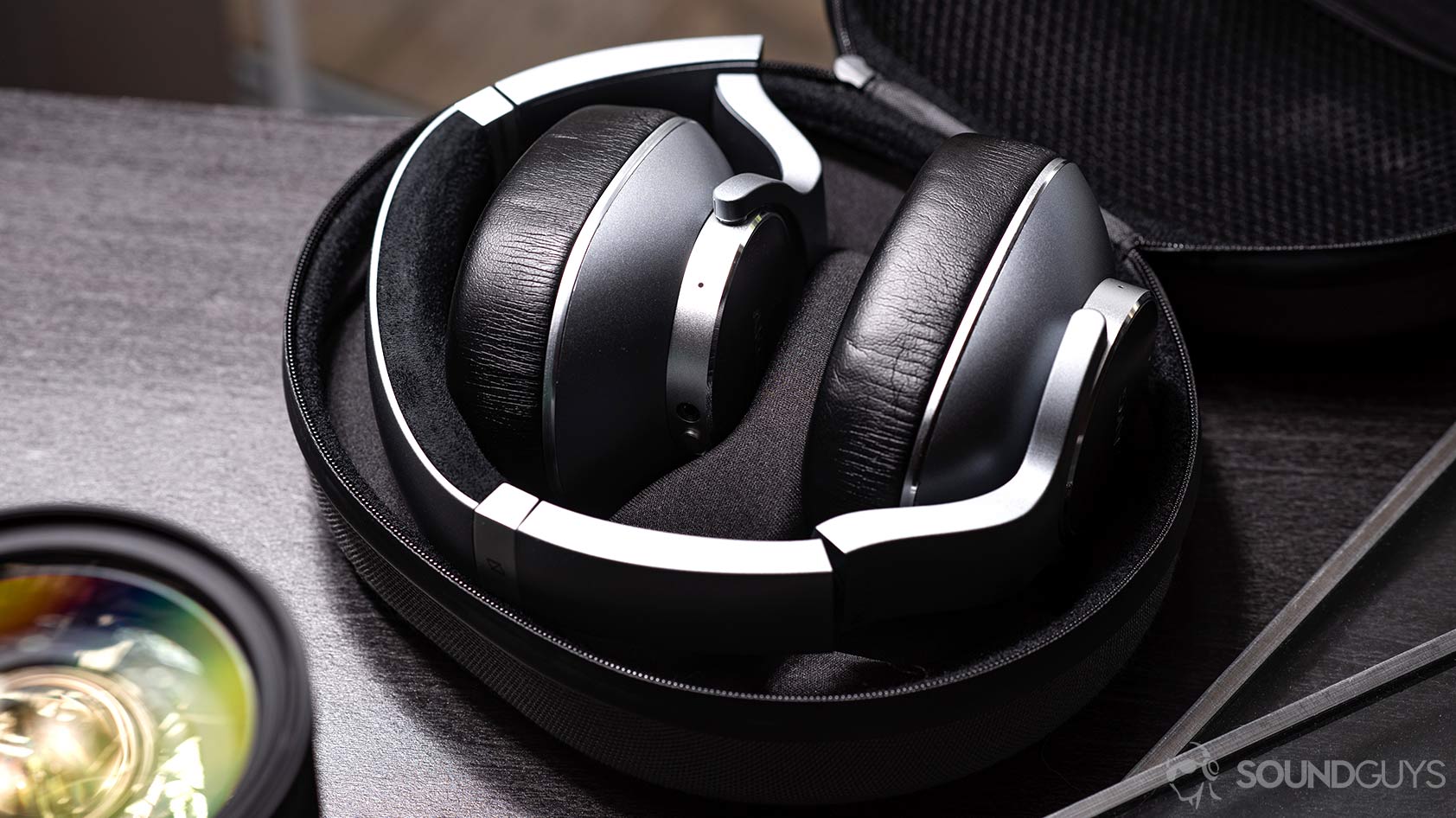
As vocalized by the inimitable Lizzo, “true story, no glory.”
Even LDAC, which on paper is one of the best Bluetooth codecs, can’t compete with wired listening. As a matter of fact, the lower-tier Bluetooth codecs, SBC and aptX, provide greater connection stability than LDAC 330 according to SoundGuys.
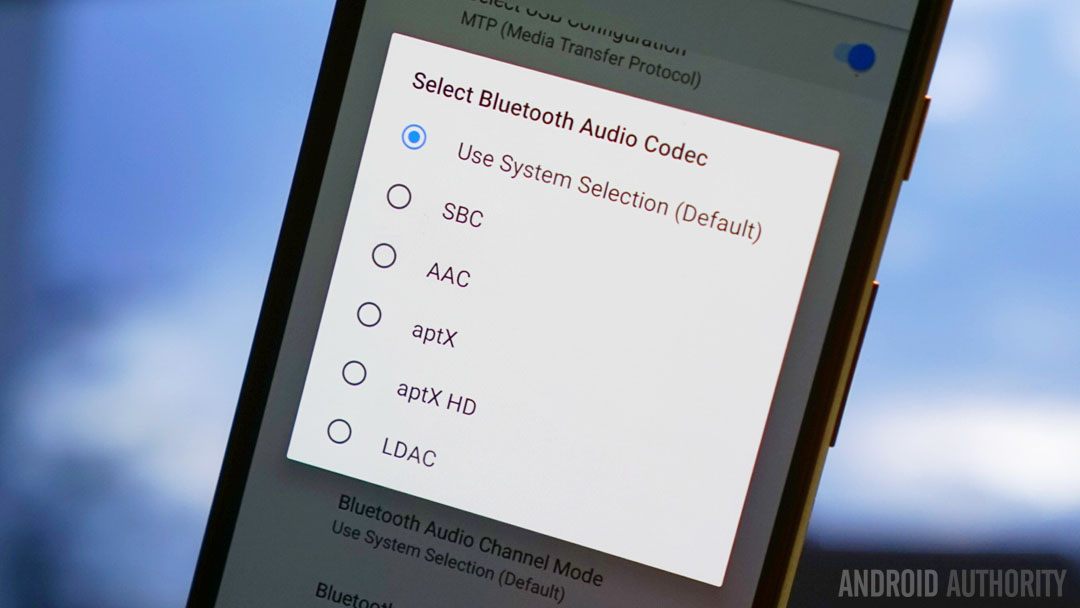
Now, if you don’t know anything about Bluetooth codecs and feel you can’t discern the difference between qualities, well, you may be right. Those who suffer from hearing loss or are in a particularly loud environment will have difficulty observing a difference. However, if you’re at home, in the library, or even a moderately trafficked coffee shop, the benefits of wired remain perceptible.
Why? In brief, Bluetooth streaming is subject to a very limited bandwidth compared to its analog alternative. Not only that, but its performance across the board is dubious at best. When a codec’s specifications cite transfer rates of 900kbps, that’s best-case-scenario rather than a reliable constant.
I’m not painting with such a broad brush as to position all wired headphones better than wireless ones. After all, driver types, frequency response, and a proper fit greatly affect sound quality, too. More often than not though, a wired headset will outperform its Bluetooth equivalent.
2: Wireless headphones aren’t that convenient or reliable
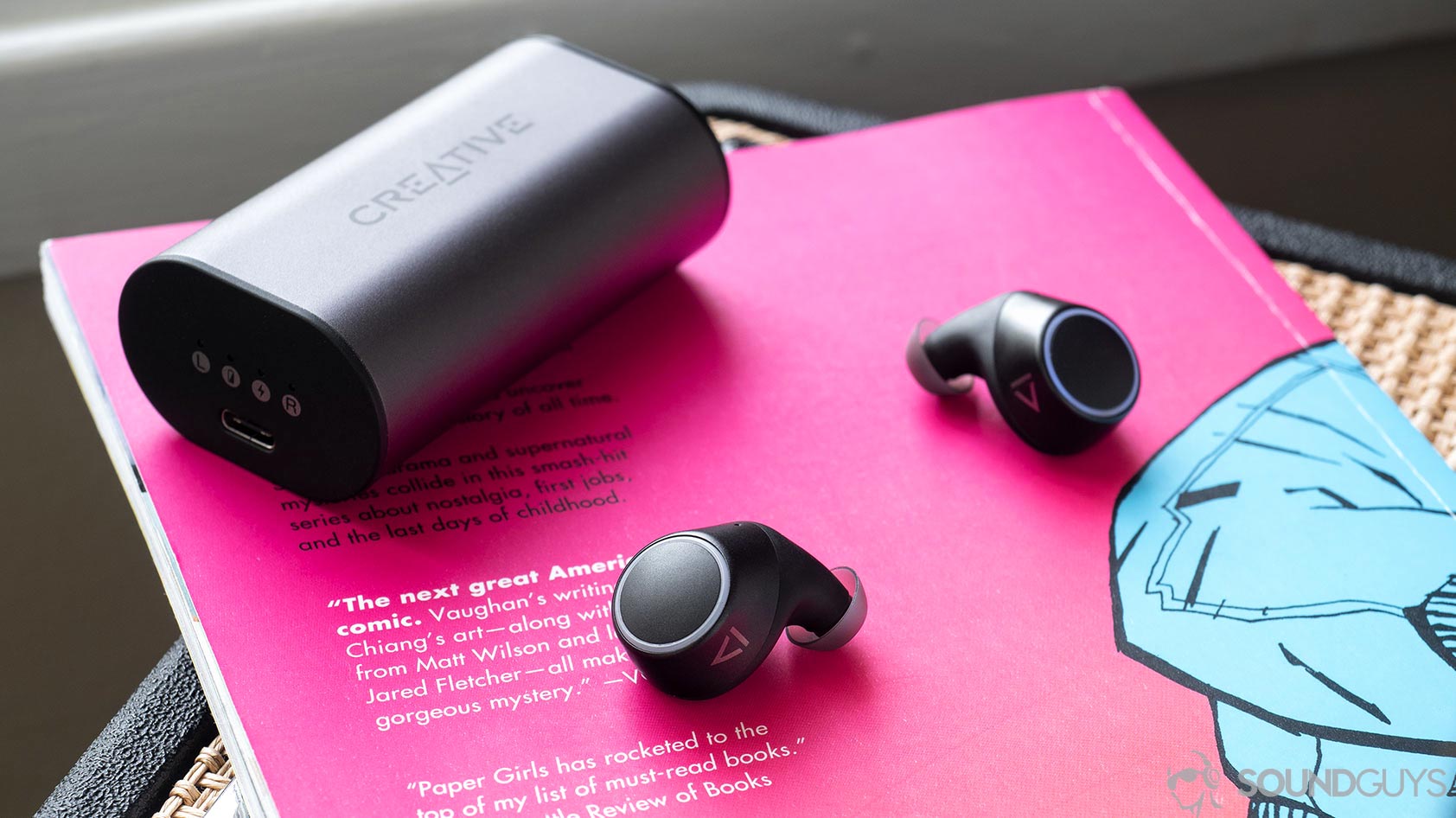
Conversely, wired headphones are more convenient than we give credence to.
Now, this isn’t to say that wireless headphones are inconvenient. However, they do bring about a host of issues tethered listeners don’t experience. I’ll be the first to admit I’m lazy, but connecting a 3.5mm TRRS plug to its respective input isn’t an arduous task (assuming your phone has a headphone jack). Wireless earbuds, on the other hand, are more demanding. There’s a reason we reviewers refer to it as a “pairing process,” emphatic emphasis on the “process.”
I'd much rather plug-and-play via a headphone jack than repeat the un- and re-pairing process throughout ownership.
Think about it: how many times have you tried to blindly set up your new Bluetooth headphones, only to resign and read the quick start guide minutes later? I’ve spent far too much of my professional life pairing and re-pairing headphones. Even if they’re properly paired, you may need to completely un- and re-pair them for any number of arbitrary reasons. Perhaps there was signal interference, or the auto-connect feature failed. At this point, I wouldn’t be surprised if it was because Mercury was in retrograde.
My friends, my co-workers, and I have done the reset, re-pair shuffle so many times that connection hiccups seem inevitable. This inconvenient reliability issue is frustrating especially as it plagues headsets of all price ranges.
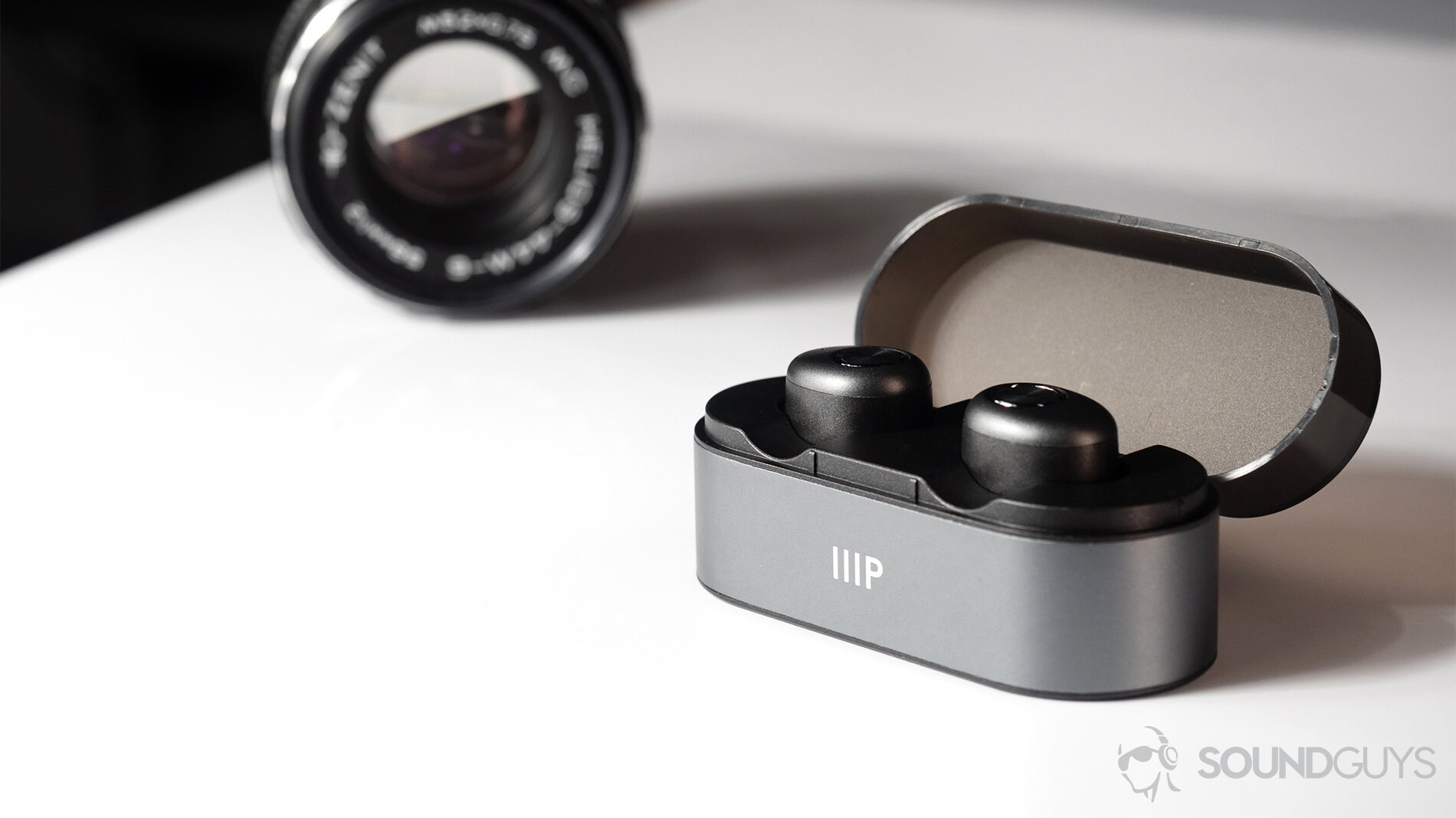
Additionally, having another piece of technology to charge is annoying. It adds another chore to the laundry list of daily tasks you already deal with. Admittedly, over-ear headphones typically afford at least 20 hours of playback on a single charge, but Bluetooth headphones hasten smartphone battery depletion. Sure, you could invest in a portable battery pack, but that’s just another 1) expense, 2) thing to carry, and 3) thing to charge — all of which are avoided with the use of wired headphones.
3: Wired headphones are cheaper and easily repairable
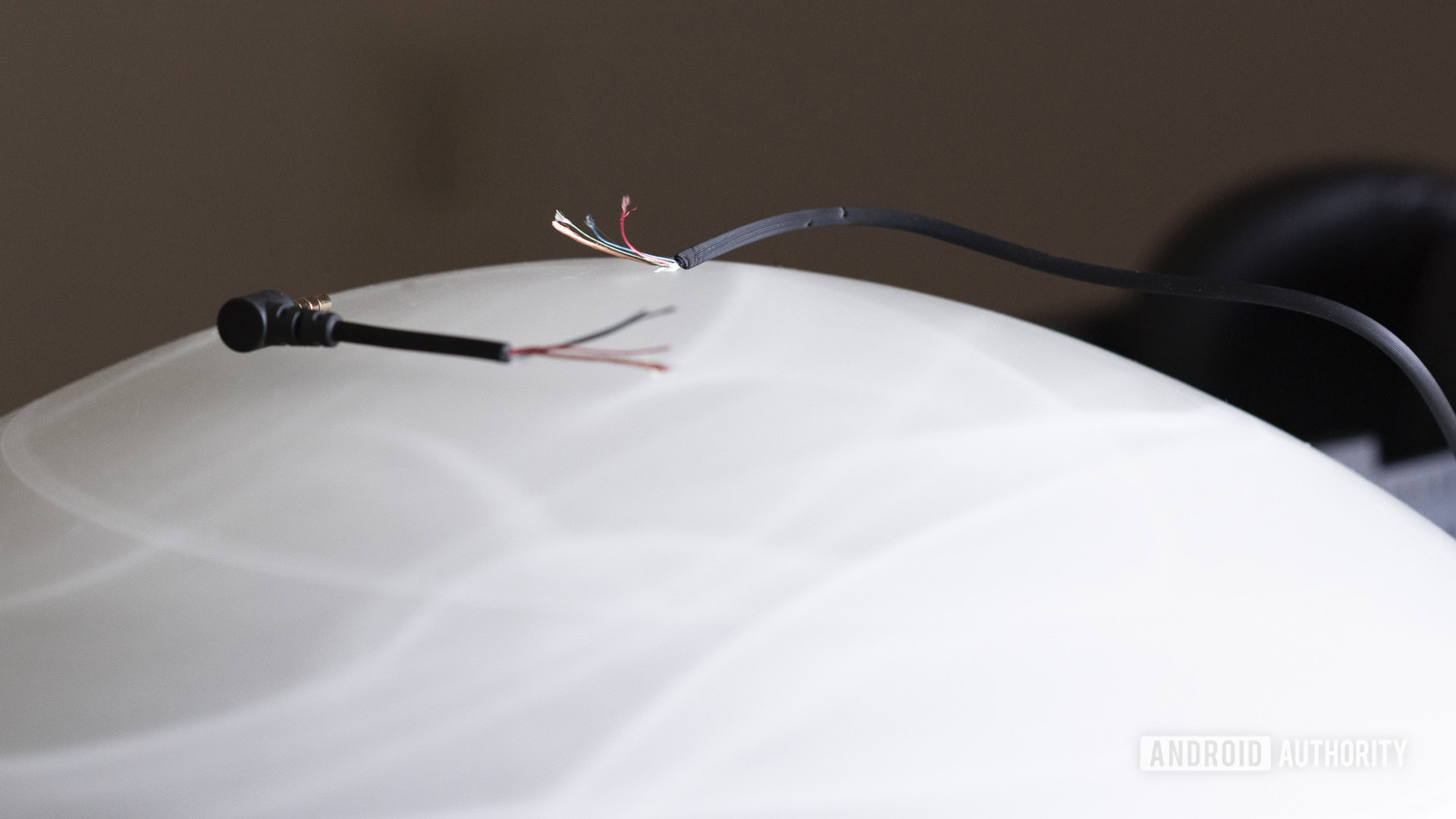
If the previous reasons don’t resonate with you, perhaps this will. Directly comparing wireless headphones to their equal-value wired counterpart reveals analog headsets are the way to go.
Let’s take the Bose SoundSport Free true-wireless earbuds. These monstrosities retail for $199, while the Bose SoundSport in-ear wired ‘buds are available for $99. That is a glaring price discrepancy for what’s essentially the same product. You could buy the wired version four times over before meeting the cost of the SoundSport Free.
Now, the SoundSport Free earbuds are IPX4-rated, but the wired model is sweat-resistant. The wired earbuds’ housings are also significantly smaller than the true-wireless model. I’ll happily run a cable under my shirt during a workout if it means having an extra $100 to spend on the weekend.
The initial investment isn’t the only thing reason wired earbuds and headphones are more affordable: they’re also easy to repair. The first point of failure for wired headphones is, well, the wire. More often than not, what does a good pair of cans in is a frayed cable. While this is a nuisance, it’s a very simple fix which requires 30 minutes of your time, tops.
Wireless headphones have more potential points of failure than their wired counterparts, which require more expertise, time, and money to repair.
Aside from the dubious wireless connection, batteries and solder points are prone to damage and eventual breakage. These are costly fixes that aren’t easily performed by a casual DIY-er. Some more expensive wireless headphones include excellent warranties, like V-Moda’s immortal life program, but for others, you’re lucky if you get a one-year limited warranty.
None of this is to say wired headphones are immune to breakage. Rather, they’re just more durable and affordable from start to finish. While I frequently test wireless headphones and earbuds for work, when it comes to personal, leisurely listening, you bet your bottom dollar I’m using wired headsets.